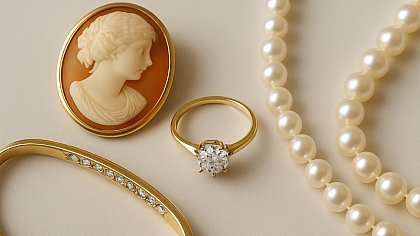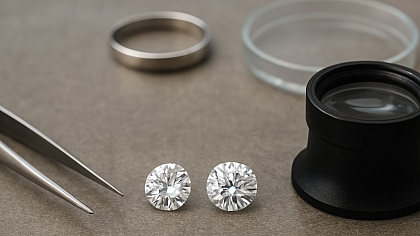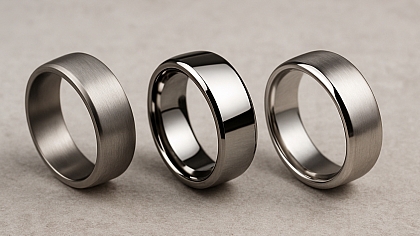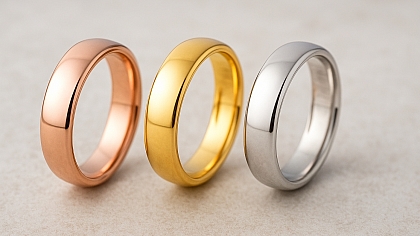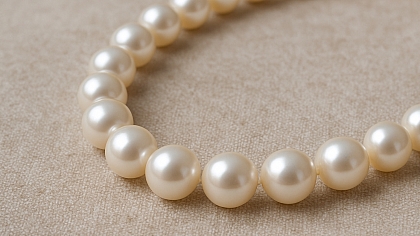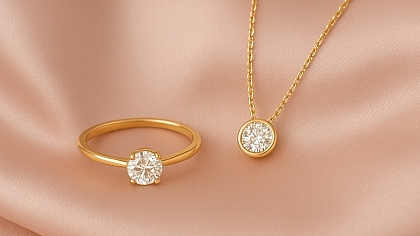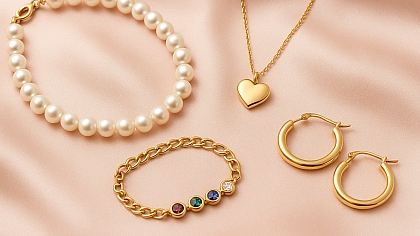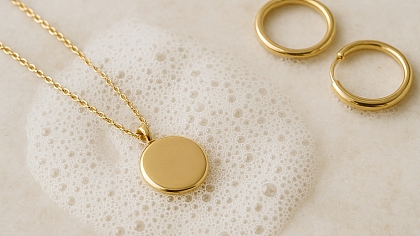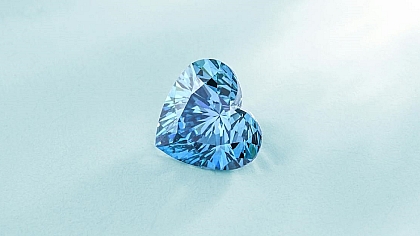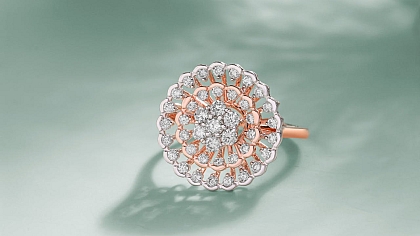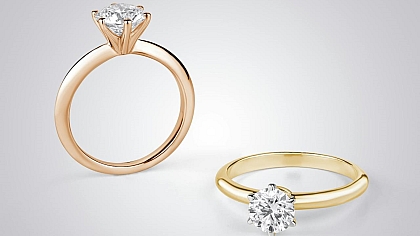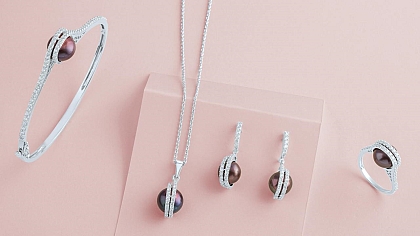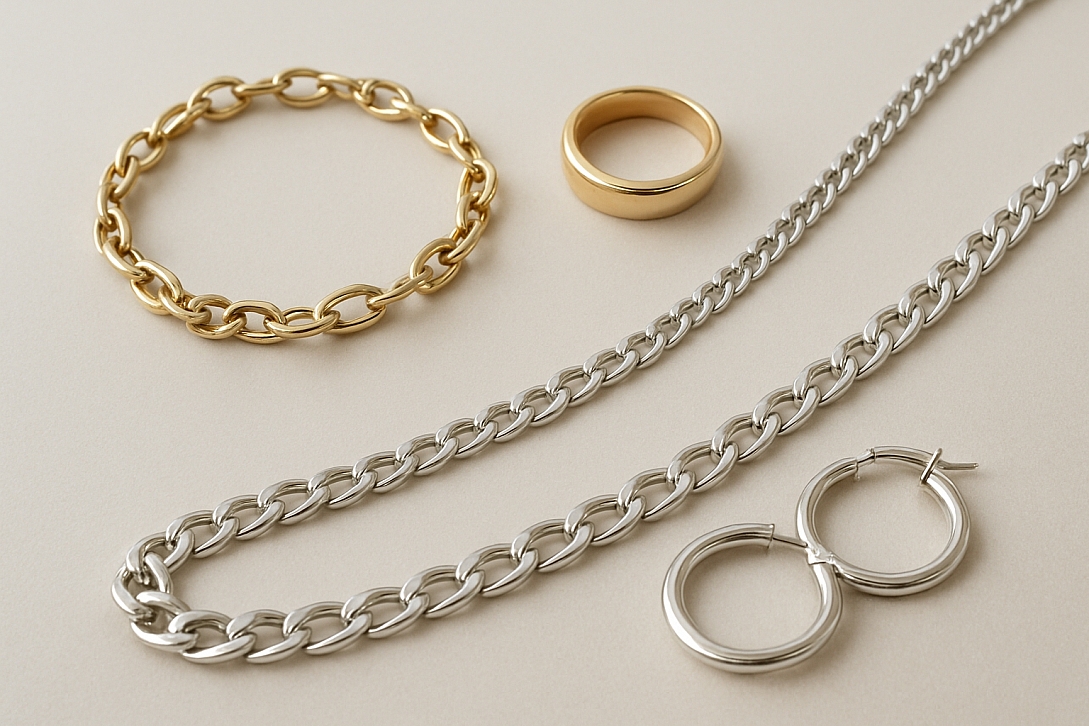
The Best Hypoallergenic Jewellery Metals for Sensitive Skin
That itchy, red rash after wearing a new pair of earrings. The green mark on your finger from a ring. If you have sensitive skin, you know this feeling well. It is frustrating and uncomfortable. The good news is that your skin is not the problem. The metal in the jewellery is the cause. Some metals can irritate your skin, while others are very gentle. Understanding which metals are hypoallergenic can change everything. You can wear beautiful jewellery without the pain and irritation.
The Core of the Matter
- Hypoallergenic means a metal is less likely to cause an allergic reaction. It is not a guarantee, but it is the safest bet for sensitive skin.
- Nickel is the biggest culprit. Most jewellery allergies are actually a nickel allergy. This metal is common in cheap fashion jewellery.
- Pure precious metals are best. Metals like platinum, fine silver, and pure gold are naturally hypoallergenic because they contain few other metals.
- The alloy is the issue. Many metals are mixed with others to make them stronger. These added metals (like nickel or copper) can cause reactions.
- You have safe options. Many high-quality, beautiful metals will not irritate your skin. You just need to know what to look for.
What Causes a Jewellery Allergy?
Your skin is reacting to the metal. This is called allergic contact dermatitis. It happens when your immune system thinks a metal is a threat and attacks it. This causes redness, itching, swelling, and blisters.
Nickel is the most common cause. It is a cheap, hard metal that is often mixed into other metals to make them stronger and less expensive. You can find nickel in:
- Cheap costume jewellery
- The clips on earrings
- Watch backs and bands
- Jean buttons and belt buckles
Other metals like cobalt and copper can also cause reactions, but nickel is the biggest problem for most people.
The Safest Bet: Hypoallergenic Metals
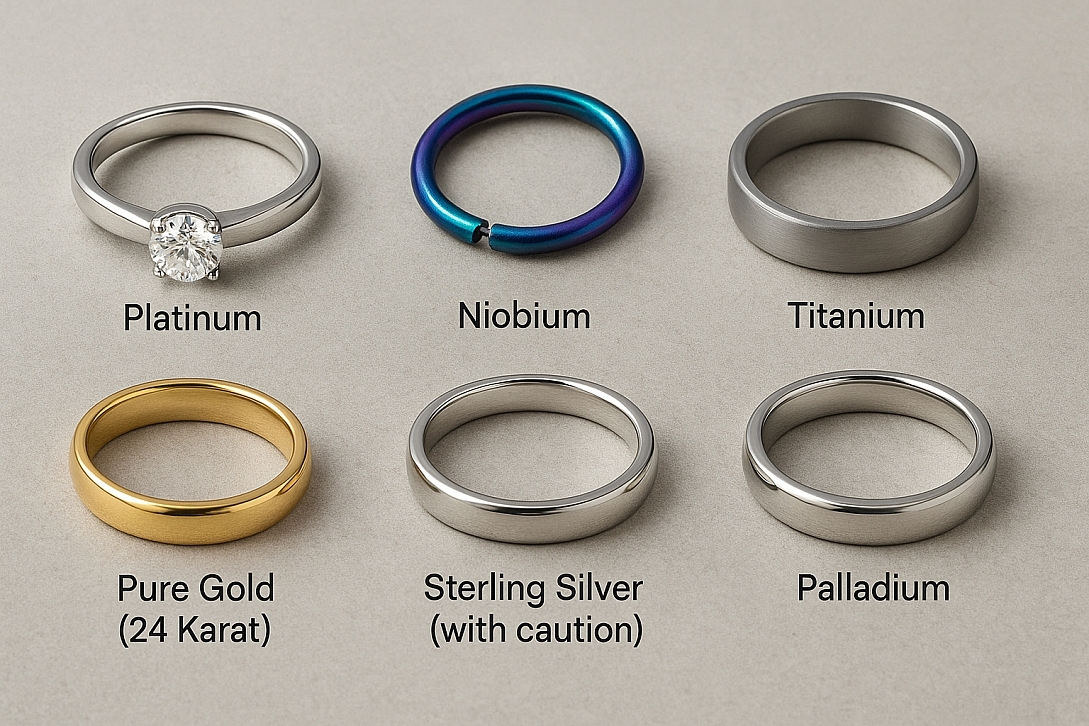
These metals have a very low chance of causing an allergic reaction. They are excellent choices for people with sensitive skin, especially for everyday wear or for piercings.
1. Platinum
Platinum is one of the most hypoallergenic metals you can buy. It is naturally white, very strong, and extremely pure. Jewellery labelled "platinum" is often 90-95% pure platinum, mixed with a small amount of other safe metals like iridium or ruthenium. It does not contain nickel. It is a premium metal that is durable and perfect for lifelong pieces like engagement rings.
2. Niobium
Niobium is a less-known hero for sensitive skin. It is highly hypoallergenic and nickel-free. Niobium is very malleable, meaning it can be formed into many jewellery designs. It is also popular for body piercings because the body accepts it so well. You can often find niobium in anodized form, which gives it beautiful, vibrant colours without using any coatings that could irritate skin.
3. Titanium
Titanium is another excellent choice. It is lightweight, strong, and completely hypoallergenic. Implant-grade titanium is the same material used for medical implants like hip replacements and bone screws, so it is extremely safe for the body. It is a great option for wedding bands, bracelets, and piercing jewellery. Make sure you choose implant-grade or commercially pure titanium for the best results.
4. Pure Gold (24 Karat)
Gold in its purest form (24k) is too soft for most jewellery. It can bend and scratch easily. To make it stronger, it is mixed with other metals to create an alloy. The higher the karat, the more pure gold is in the mix.
- 18k gold is 75% pure gold. It is a great choice if the other 25% is made of hypoallergenic metals like silver or copper (though copper can cause reactions in some).
- 14k gold is 58.3% pure gold. The other 41.7% is often nickel or zinc, which can cause problems.
The key is to ask what the gold is alloyed with. For sensitive skin, look for nickel-free gold. Many jewellers now offer alloy mixes that use palladium or silver instead of nickel.
5. Sterling Silver (with caution)
Sterling silver is 92.5% pure silver and 7.5% other metals, usually copper. Pure silver is hypoallergenic, but copper can cause reactions for some people. The bigger issue is that sterling silver can tarnish. The coatings used to prevent tarnish can sometimes irritate skin. If you know you react to copper, sterling silver might not be the best choice. If you don't, it is usually a safe bet.
6. Palladium
Palladium is part of the platinum family of metals. It shares platinum's hypoallergenic properties but is lighter in weight and less dense. It is a natural white metal that does not need rhodium plating (unlike white gold). It is becoming a popular choice for nickel-free wedding bands and rings.
Metals to Avoid if You Have Sensitive Skin
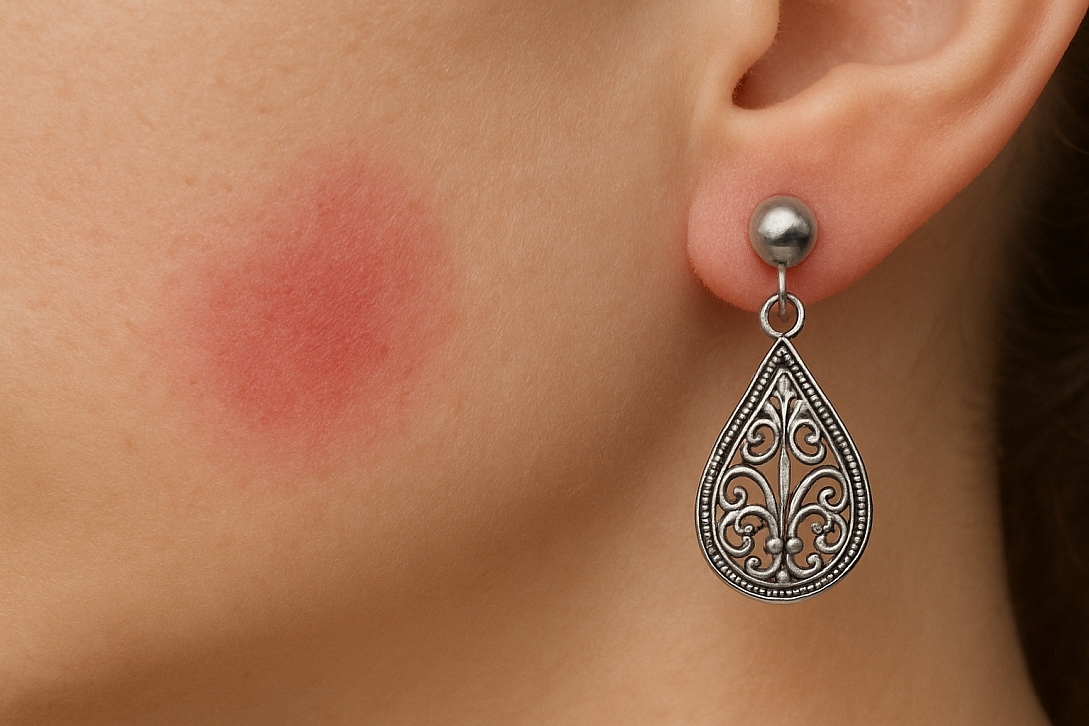
Knowing what to avoid is just as important as knowing what to buy.
- Nickel: This is the number one metal to avoid. Be very careful with white gold, as it is often alloyed with nickel to achieve its white colour.
- Brass: An alloy of copper and zinc. It often contains trace amounts of nickel or lead and is usually coated with another metal that can wear off.
- Bronze: An alloy of copper and tin. It can cause reactions for those sensitive to copper.
- Fashion Jewellery: Cheap, plated jewellery almost always contains nickel. The plating can wear off quickly, exposing your skin to the irritating metal underneath.
How to Shop for Safe Jewellery
Here is your action plan for buying jewellery that won't irritate your skin.
- Look for Labels: Seek out brands that specifically label their jewellery as "nickel-free" and "hypoallergenic."
- Ask About Alloys: Don't be shy. Ask the jeweller, "What is this metal alloyed with?" A reputable seller will know the answer.
- Choose High Karats: If buying gold, choose 18k or higher to ensure a higher purity level.
- Consider Plating: If you must wear a piece that contains nickel, a clear nail polish coating on the part that touches your skin can create a barrier. This is a temporary fix and will need to be reapplied.
- Start with Small Pieces: Test new jewellery by wearing it for a short period first. See how your skin reacts before committing to all-day wear.
Your Skin Deserves Comfort
You should not have to choose between style and comfort. With a little knowledge, you can build a jewellery collection that is beautiful, high-quality, and safe for your skin. It is about making informed choices and understanding what you are putting on your body.
The joy of wearing a piece you love should never come with an itchy price tag.
Find Your Perfect Match
Your journey to irritation-free jewellery starts with one step. Look at your favourite piece that you can't wear. Check its metal. Now, you have the knowledge to find a safe alternative.
Find a local jeweller who understands sensitive skin. Talk to them about nickel-free options in platinum, titanium, or niobium. You might be surprised at how many beautiful, comfortable choices you have. Your skin will thank you.
Frequently Asked Questions
What does "hypoallergenic" mean? Hypoallergenic means a substance or product is less likely to cause an allergic reaction. In jewellery, it refers to metals that are less likely to irritate sensitive skin.
Is sterling silver hypoallergenic? Sterling silver (92.5% silver) is often hypoallergenic for most people. However, it is alloyed with copper, which can cause a reaction in a small number of people with copper allergies. It is generally considered a safe metal.
Is surgical steel hypoallergenic? This is tricky. The term "surgical steel" is not regulated. Some types contain nickel. For sensitive skin, you want implant-grade surgical steel, which is held to a specific standard and is very low in nickel. When in doubt, choose titanium or niobium for piercings.
What is the best metal for sensitive ears? The absolute best metals for sensitive ears are implant-grade titanium, niobium, and 14k or 18k nickel-free gold. These are the standards for initial piercings at professional studios.
Can I wear gold if I have a nickel allergy? Yes, but you must be careful. You need to choose high-karat gold (18k or above) that is explicitly labelled as nickel-free. White gold is often plated with rhodium, which is hypoallergenic, but the plating can wear off and expose a nickel-containing alloy underneath.
